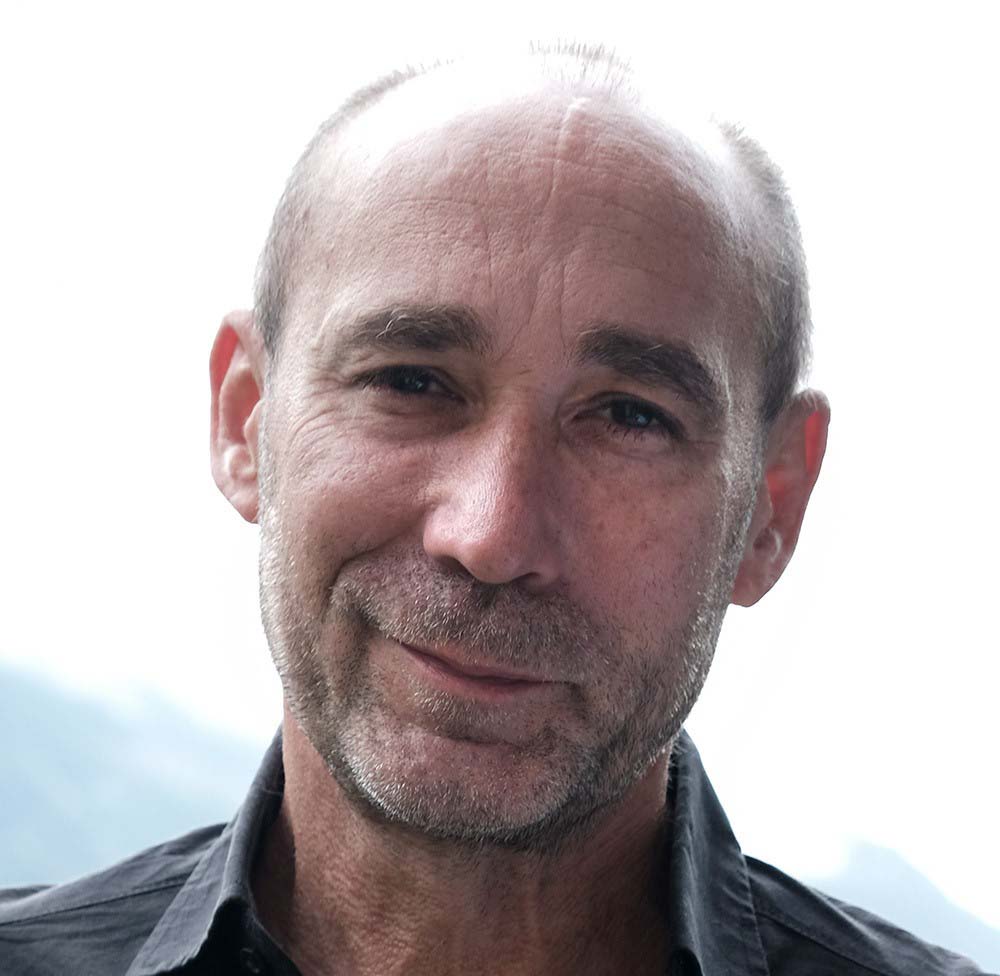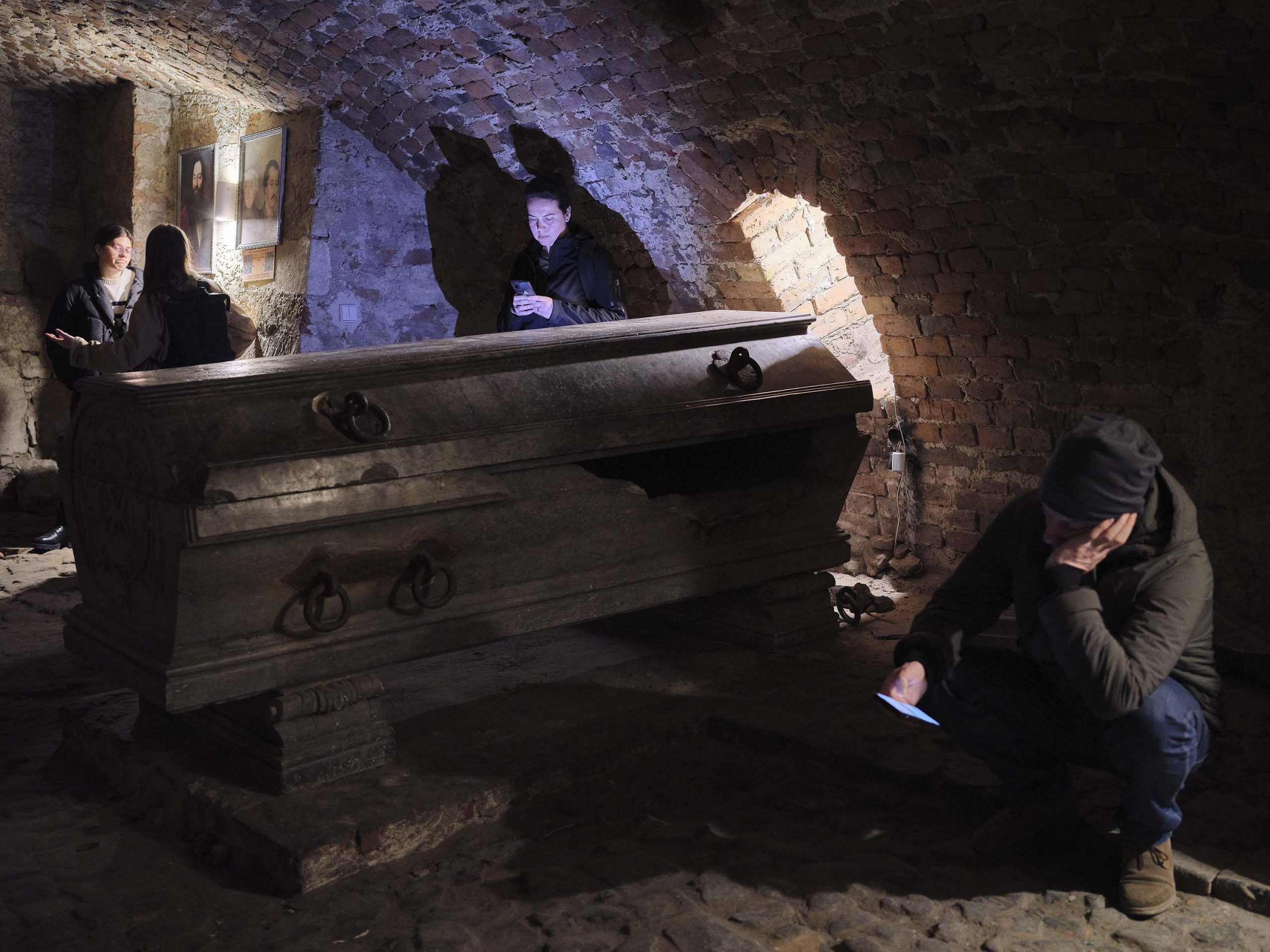International justice has traditionally been concerned with war and dictatorship, but is now expanding to cover other types of mass violence. Thierry Cruvellier, editor of Justice Info, explains Fondation Hirondelle’s approach in this field.

What is the state of international justice in 2021-2022?
Thierry Cruvellier: The traditional field of international justice deals with serious violations of human rights, which occur most often in contexts of dictatorship or war. At the beginning of 2022, the war in Ukraine thus took a central place in international justice concerns. This is all the more so since Ukraine and its allies have made the law, along with armed resistance and economic sanctions, the third pillar of their resistance to Russian aggression. A whole panoply of international courts (International Criminal Court, International Court of Justice, European Court of Human Rights) and national jurisdictions (in Ukraine and other European countries) have begun investigating crimes committed in this war at an unprecedented speed. At the heart of this judicial offensive is the crime of aggression, formerly known as the «crime against peace», from which other international crimes such as war crimes or crimes against humanity would follow.
In recent years, we have also seen international justice expanding outside its traditional field to varied domains: environmental issues, land theft, defence of indigenous peoples, reparations for colonial violence, human trafficking, systemic sexual abuse, police or social violence in Western democracies. All these mass violence issues affecting many countries call with great creativity upon the mechanisms developed by transitional justice over the past 30 years. National courts are much more active than international courts. Two striking examples of this are the recent jurisprudence of military tribunals on the «destruction of nature» in eastern DR Congo; or the truth commissions set up in Scandinavian countries (Finland, Norway, Sweden) on the Sami people to address violence linked to the colonial past, the relationship with nature and minority rights.
What are the information needs on these issues? What is the role of the media?
International or transitional justice issues and decisions are often very technical and full of jargon, so a journalist’s first mission is to vulgarize them, to better convey them to the communities affected by violence and the public at large. The media also need to get closer to the victim communities to help get their voices heard by courts that are often far away. But the media that deal with international justice must also exercise their traditional journalistic role of counter-power, especially in the face of international or national jurisdictions that are themselves powers and are therefore susceptible to abuse. In my opinion, media also have a proactive role to play in raising awareness on certain subjects like reparations for colonial violence, which, paradoxically, is often debated less in the South than in the North.
So what is the approach of Fondation Hirondelle through the Justice Info project?
Justice Info is the only journalistic website that covers, explains and analyses all the issues in the international justice field, which tends to be monopolized by the jurists and institutions running it. Our approach consists of working with local correspondents who live in the countries concerned and are in touch with the violence that takes place there. This allows a particular sensitivity to the issues addressed. All our correspondents deserve to be mentioned, but the work carried out by Andrés Bermúdez Liévano on the vast transitional justice process of Colombia seems to me exemplary. His rigorous factual follow-up of an immensely complex process is nourished by his personal experience of all the issues dealt with: land reform, kidnappings, executions, and so on. All this experience of the complexity of Colombian violence transpires in his texts. This combination is the mark of rigorous journalism that does not miss its appointment with the human experience of the sufferings reported. In this sense, we intend to be both experts and accessible to people. This is especially so since Justice Info’s audience is made up of both specialists and anyone concerned or interested in these subjects.
Informative journalism that is also sensitive to the experience of human suffering


